Students Make the Most Mistakes in These Math Topics

Description: Not so many students are fans of math. Still, there are good reasons to learn and understand math while you can. Let’s learn how to avoid common math mistakes.
Math is not one of those subjects that come to people naturally. This discipline requires a lot of hard work and hours of learning. So, it shouldn’t come as a surprise when many students struggle with math.
After all, it is one of the most challenging classes in school. Very early on, students learn to either love or hate math. Instead, learning to understand it is the best option you’ve got.
Once you get the essence of math, you can have an easier time with each topic. Learning about the concept of each task will help students make better decisions at work.
Overall, there are math topics where students tend to make the most mistakes. Let’s learn about those topics and the reasons behind math being difficult for students.
Why study math?
First of all, students should know why they need math in the first place. Many school disciplines teach us about life, art, or nature. Yet, math falls under a completely new field of study, which is exact sciences.
Those disciplines require precision and accuracy. Yet, they exist in their realm, making it hard for students to see math’s importance.
However, math does play a crucial role in our lives. First, by studying math, students learn problem-solving and analytical skills. Hence, math offers great exercises for our brains.
Second, and most important, math helps us understand the world a bit better. Whether we notice it or not, math lies at the core of many real-world problems. It helps us read statistics, interpret data, and much more.
Overall, math is crucial for individual needs and many industries. Hence, it’s better to make math your friend so that it can help you in the future.
The two main but challenging math topics
The mathematical sciences are one of the largest groups of academic disciplines. Mathematics hosts numerous other areas of study under its umbrella, such as algebra, geometry, physics, and so much more.
These are all complex and interesting disciplines that come with their challenges and rules. Yet, we all start our mathematical journey with math classes. So, if we don’t master the two main math topics early on, we won’t ever have smooth sailing with the rest of mathematics. Thus, it’s important to return to the basics and see two topics where students often make the most mistakes.
Whole numbers mistakes
The first thing you learn in math is whole numbers and how to work with them. This stage is crucial in your mathematical journey. Yet, students often speed through these rules to the more advanced topics. This is a mistake since you may miss out on crucial techniques and operations in the process.
For example, one of the most common mistakes students make is an incorrect order of operations. Thus, when given a simple equation, like 40 – 3 × 4, students start working on the first operation, ending with the last one. It’s a mistake. When having multiplication in the equation, one should always start with it. Start it wrong, and you will never have the right answer.
At this stage, students also learn the value of different units. Not knowing how to interpret units and what value they carry can affect the result of the equation. Overall, when working with whole numbers, understanding the task in front of you plays the biggest role of all. Attention and precision here play an even bigger role than rules.
Fractions
Many people are afraid of fractions as if they are something evil or dangerous. This is not true. Learning fractions can be quite fun if you are willing to put in the work. Yet, many students struggle with simple concepts of this topic. For instance, having trouble finding a common denominator in the equation with fractions is a common mistake.
Multiplying fractions also takes time to master. In fact, most operations with fractions are confusing at first. Still, this topic lies at the foundation of your future success or failure in math. Yet, this is the topic most students really struggle with in their math classes.
Actual reasons students may fail in math
Sometimes, it’s not all about the topics we study or even the discipline we struggle with. Often, students fail in certain topics for completely different reasons than failing to understand the subject. Sometimes, other forces cause us to make mistakes, and math is no exception here. So, let’s learn about three actual reasons why students often fail in math.
Anxiety
Stress, for certain, is one of the biggest reasons young people tend to fail in their beginnings. Indeed, when a child is under too much stress, they can even think straight. But, unfortunately, math requires a great level of concentration and dedication from a student. Hence, this is why many students feel like giving up and asking professionals, “Can you, please, do my homework for me?” instead of trying one more time themselves.
Battling with anxiety can be tough. Yet, it doesn’t mean you are bad at math. It’s just that you can’t focus well. Thus, here you will be better off by slowing down, taking a breath, and not rushing through the tasks.
Pressure
Math leaves little room for errors. Unlike many other school subjects, math is a very strict discipline. It doesn’t like any variations or deviations from the norm. You either know the rule, or you don’t, and there is no way around it. Hence, such precision puts a lot of pressure on those who are just learning math. Students often tend to overcomplicate things when dealing with math. They expect it to be hard and can’t believe they are right on the first try.
The best way to solve this issue is by checking your answers for the second time and trusting yourself more.
Disinterest
Often, you don’t have to be good at something to like. In reality, you just need to want to be good to succeed. The same can be applied here. You just need to change your approach to math. For example, saying that someone is just too much of a humanitarian to be good at math can do more harm than good. No student needs to hear that they simply can’t do something because of who they are or how their brain works. Of course, anyone can be at least somewhat good in math as long as they are willing to try.
So, talk to people who are passionate about math and ask them what they like about it. Try to change your perspective on math or learn why you may need it later in life. You can even read the best essay writing service review and ask them to explain the essence of math to you. Perhaps, that will spark your interest.
How to avoid the mistakes
First and foremost, you or your child should understand the nature of the mistakes. Hence, you need to return to the basics. Go to the very beginning and learn about the topic one more time. Sometimes, you may be simply missing one piece that can bring the entire topic together.
Secondly, it’s good to understand the reasons and goals of certain math activities. Thus, the exercises won’t be meaningless to you. By knowing why you are learning those formulas, you will have a better time applying the learned lessons.
At last, paying a bit more attention to what you are doing will never hurt. Most often, math mistakes are not those made out of ignorance but lack of care. The most common mistakes in math are careless errors. These are when students write down the wrong number, miss a negative sign, or misunderstand the task altogether. You will save your time (and boost confidence) by doing things slower and with great attention.
The bottom line
There are dozens of topics in math that will cause some trouble during your learning process. Yet, as long as you are willing to learn, fail, and try again, math won’t be your enemy. Persistence and dedication are the two personal qualities that will surely help you in making progress in math.
However, before everything else, you need to build a strong foundation. Thus, it will never hurt to return to the basics and analyze whether you fully understand the concept and rules. Once you learn to appreciate math and grasp its essence, the rest will be a piece of cake. Good luck!
Related to This Article
More math articles
- FREE 8th Grade STAAR Math Practice Test
- 8th Grade IAR Math FREE Sample Practice Questions
- Full-Length SSAT Lower Level Math Practice Test
- Top 10 ParaPro Math Practice Questions
- OAR Math FREE Sample Practice Questions
- Zeroing In: The Art of How to Divide Numbers Ending with a Zero
- Absolute Value Definition
- Top 10 8th Grade PARCC Math Practice Questions
- Deciphering Change: Differential Equations in Daily Life
- Full-Length TABE 11 & 12 Math Practice Test
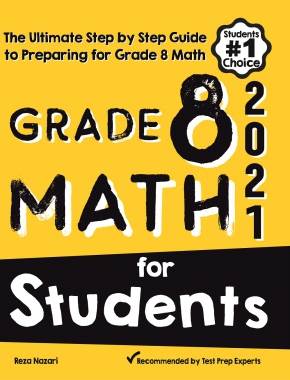
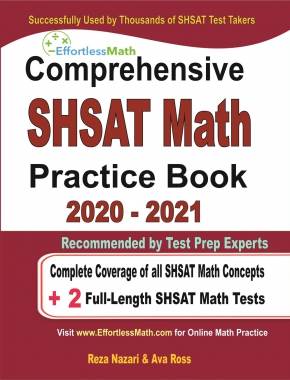
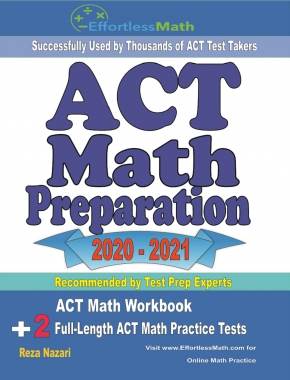

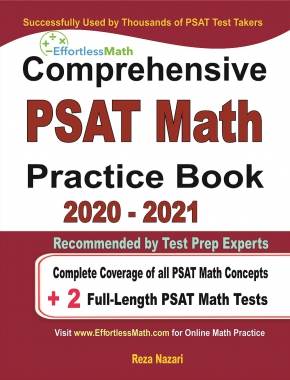
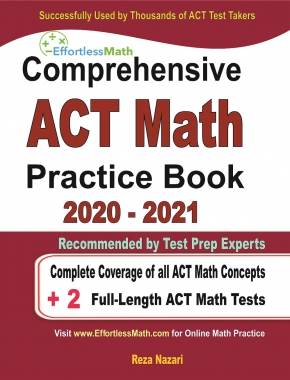
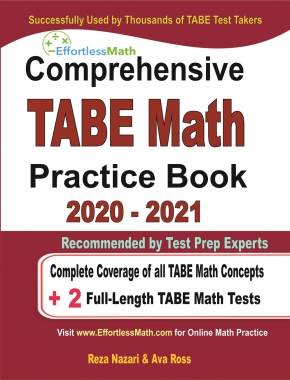

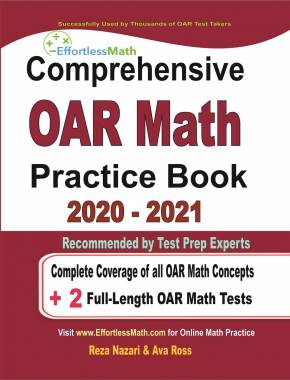
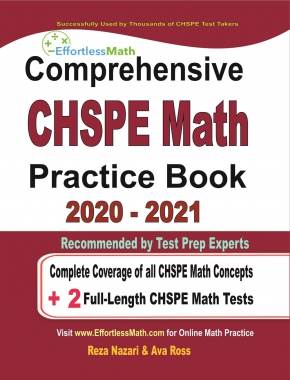
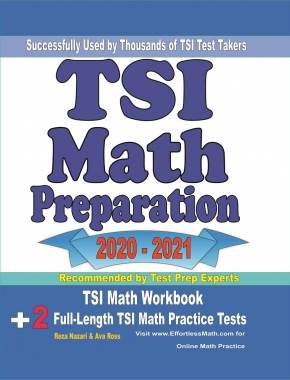
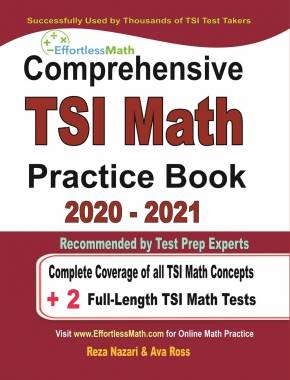
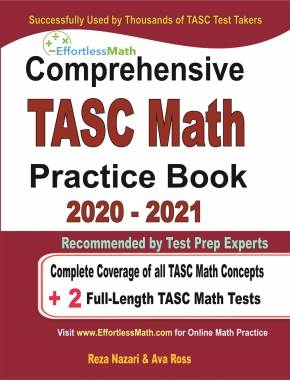
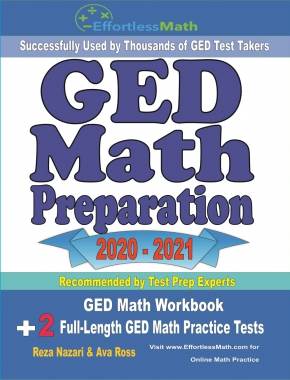




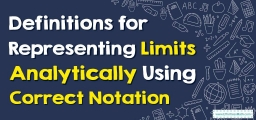
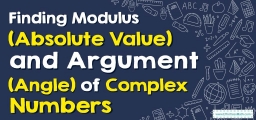
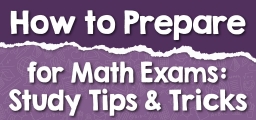





What people say about "Students Make the Most Mistakes in These Math Topics - Effortless Math: We Help Students Learn to LOVE Mathematics"?
No one replied yet.